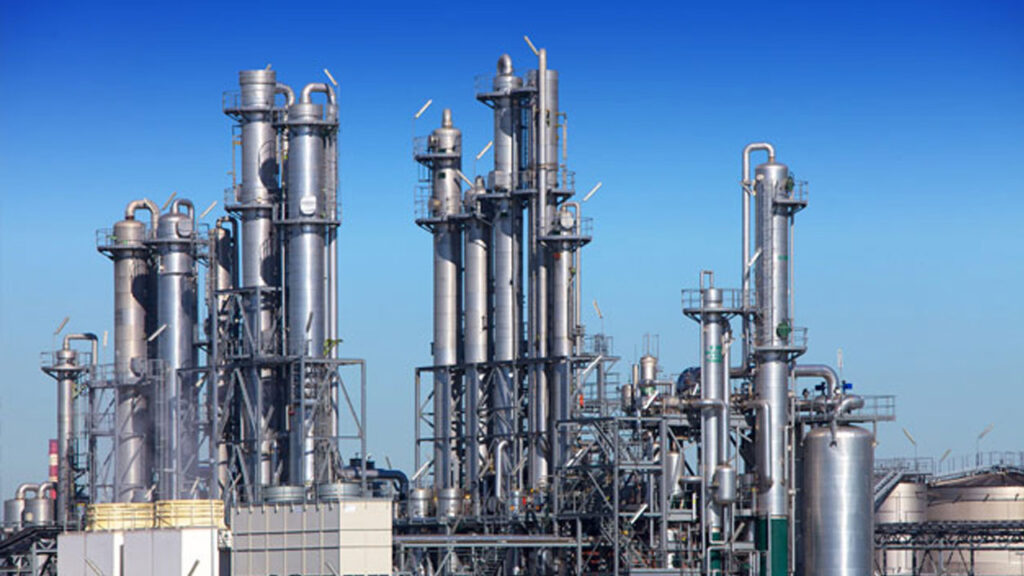Due to recent developments in the oil market, it is highly unlikely that we would see OPEC to survive for long. This is particularly due to the ongoing Russia-Saudi Oil War.
It all started when Russia refused to make higher production cuts which would have led the oil prices to refrain from falling so low. Earlier on the prices had a huge blow due to the ongoing corona pandemic. In response to this, Saudi Arabia decided to abandon its output restraint thus declaring an oil war between the two G-20 members. However, in doing so, Saudi Arab, the biggest player in the organization of oil-exporting countries, shred the output agreement between the OPEC members which had been set since 2017 and had been successful until now.
According to our previous article, while Saudis probably hoped for Russia to come to them for negotiations, instead the latter decided to go for an all-out war. Now with the deadly virus continuing to spread, all the other OPEC members like Algeria and Venezuela are under greater scrutiny and threat than Saudi Arabia itself is due to the oil war.
Riyadh could have gone for other calculated alternatives before creating troublesome situations for all other members and going for an all-out oil war, that too in such desperate circumstances. However, it seems that Saudi Arab has made its mind to break the OPECs Pact with Russia after only a short 3 years. The end to this agreement meant that since OPEC’s external partners were not prepared to cut their oil production, OPEC wouldn’t act either. This means that now it’s every country for themselves, and so everybody is free to produce and trade as much oil as they can.
After all this rather than waiting, Saudi Arab now decided to take revenge by cutting the cost per barrel of their crude in April. This is by far the highest cut after the deal fell apart. Therefore Saudi Arab plans to gain revenue by greater supply after slashing the costs. Consequently, there have been increases in the volumes allocated to buyers both in Asia and the US. So now Brent is traded at around $30 a barrel whereas, after the discount, Arabian light grade is set to be traded at $10.25.
Oil Prices: Corona or Politics? – Legamart

According to Bloomberg, Saudi Aramco, Saudi Arab oil-producing giant stated that they would supply 12.3 million barrels a day in April. This is more than the oil the firm could pump out of the ground i.e. their total production capacity. Therefore this means that Saudi Arab is now looking to sell its already stored crude available in tanks at home, Netherlands, Japan and along Egypt’s coast.
Now, this is not the first time that Saudi Arabs have caused challenging situations for their weaker OPEC partners. All being sovereign nations, the rest have little leverage over the biggest oil producer in the world. However, Riyadh’s latest actions that too in the wake of a deadly pandemic shows its true inattention for the other small members since they do not have extra tankers of oil ready for sale.
Since its origin back in 1960, a primary aim of OPEC was to “safeguard the interests of member countries both collectively and individually”. So too was “eliminating harmful and unnecessary fluctuations in Oil prices”. Both these aims seem to be forgotten by the Saudi leadership as they caused the oil prices to fall by almost 40% in less than a week.
There is little hope that the members “howls” would be listened by Moscow and Riyadh since both leaderships look for a long war. It is also difficult to predict whether the cartel could live after this turmoil as oils demand goes into free fall.
Saudi Arab seems to be rigid on its stance of maximizing output. It has shown little interest in sitting with its external partners and also pulled out of another committee conference earlier this month.
The US government, being left out in all this is considering a solution to this situation and is likely to move through if the talks between OPEC and Russia Fall through.
READ MORE: Coronavirus is not just about health threats, it also might lead to oil price changes.
For Saudi Arabia, the cartel was a useful strategy in controlling oil prices. Now since its aims have changed, OPEC is a mere inconvenience in their way. The cartel may have survived irreconcilable differences in the past, but this looks like an event that could the end of the most successful “legal” cartel in history.





